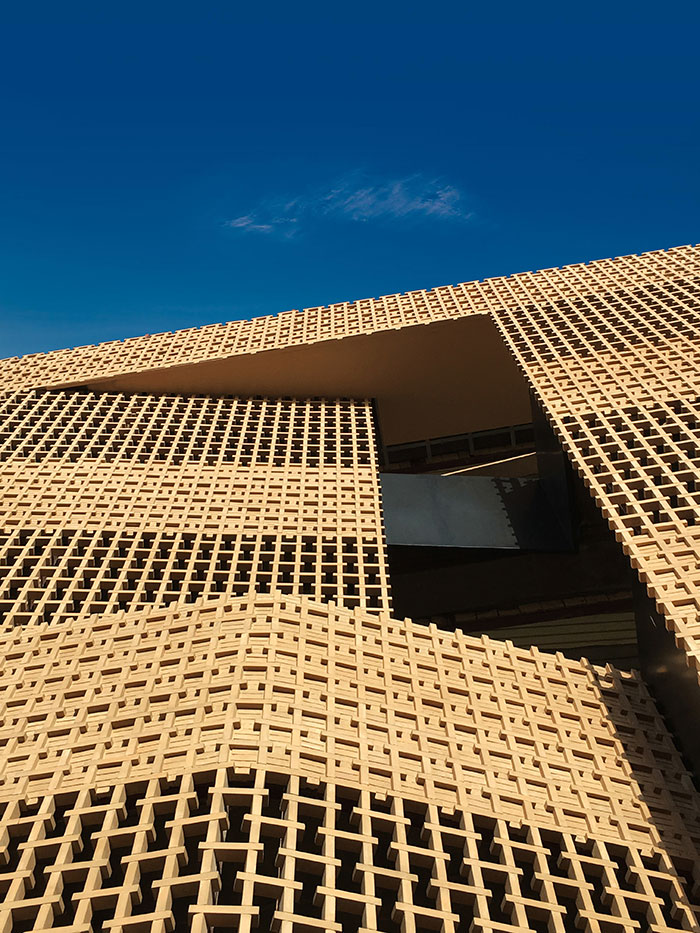The construction industry has evolved significantly, and the types of bricks used in building projects have diversified. Among the most common types of bricks are handmade bricks and machine-made bricks. Each type has its own set of advantages and disadvantages, and the choice between the two often depends on the project’s requirements, budget, and aesthetic preferences. Here, we explore the key differences between handmade and machine-made bricks.
Handmade Bricks: A Tradition of Craftsmanship
Handmade bricks are created using traditional techniques that date back thousands of years. Skilled brickmakers manually mold each brick by hand, often using wooden molds and clay. This labor-intensive process gives each brick a unique character and texture that cannot be replicated by machines.
- Unique Appearance One of the most significant advantages of handmade bricks is their aesthetic appeal. Each brick has slight variations in shape, size, and texture, which adds to the character and charm of a building. Handmade bricks are often chosen for restoration projects or historical buildings where authenticity and a rustic appearance are desired.
- Artisanal Craftsmanship Handmade bricks are typically made by skilled artisans who take great pride in their work. This craftsmanship results in high-quality bricks that are often more durable than mass-produced machine-made bricks. In many cases, handmade bricks are used for custom architectural designs or bespoke projects where attention to detail is paramount.
- Higher Cost Due to the labor-intensive nature of the production process, handmade bricks are generally more expensive than machine-made bricks. The higher cost reflects the time and effort that goes into producing each brick. However, for many projects, the unique aesthetic and superior quality of handmade bricks justify the higher price.
- Limited Production Capacity Because each brick is made by hand, the production capacity for handmade bricks is limited. This can be a drawback for large-scale construction projects that require a large volume of bricks in a short period of time. Handmade bricks are best suited for smaller projects or those where time is not a critical factor.
Machine-Made Bricks: Efficiency and Consistency
Machine-made bricks are produced using automated manufacturing processes that ensure consistency in size, shape, and quality. This method of production allows for the mass production of bricks, making it more efficient and cost-effective for large construction projects.
- Uniformity in Size and Shape One of the main advantages of machine-made bricks is their uniformity. These bricks are produced to precise specifications, ensuring that each brick is the same size and shape. This uniformity makes machine-made bricks easier to
work with, as they fit together perfectly, reducing the need for adjustments during construction.
- High Production Volume Machine-made bricks can be produced in large quantities quickly, making them ideal for large construction projects. The automated production process allows manufacturers to meet high demand without compromising on quality. This makes machine-made bricks a cost-effective solution for large-scale building projects.
- Lower Cost Machine-made bricks are generally less expensive than handmade bricks due to the efficiency of the production process. The ability to produce large volumes of bricks at a lower cost makes them a popular choice for commercial and residential projects where budget constraints are a concern.
- Less Aesthetic Appeal While machine-made bricks offer consistency and cost savings, they lack the unique character and charm of handmade bricks. The uniform appearance of machine-made bricks can sometimes result in a more sterile or generic look, which may not be desirable for certain architectural styles.
Choosing Between Handmade and Machine-Made Bricks
When deciding between handmade and machine-made bricks, several factors should be considered:
- Aesthetic Preferences: If you are looking for a unique, rustic appearance with individual character, handmade bricks are the better choice. For modern, sleek designs, machine-made bricks offer a more uniform look.
- Project Scale: For small-scale or bespoke projects, handmade bricks may be the preferred option. However, for large construction projects that require a high volume of bricks, machine-made bricks are more practical.
- Budget: Handmade bricks tend to be more expensive, so if cost is a significant factor, machine-made bricks are the more affordable option.
Conclusion
Handmade and machine-made bricks each have their own advantages and drawbacks. Handmade bricks offer a unique, artisanal aesthetic, making them ideal for custom or historical projects. Machine-made bricks, on the other hand, provide uniformity, cost savings, and efficiency, making them a popular choice for large-scale construction. The choice between the two ultimately depends on the specific needs of your project.



